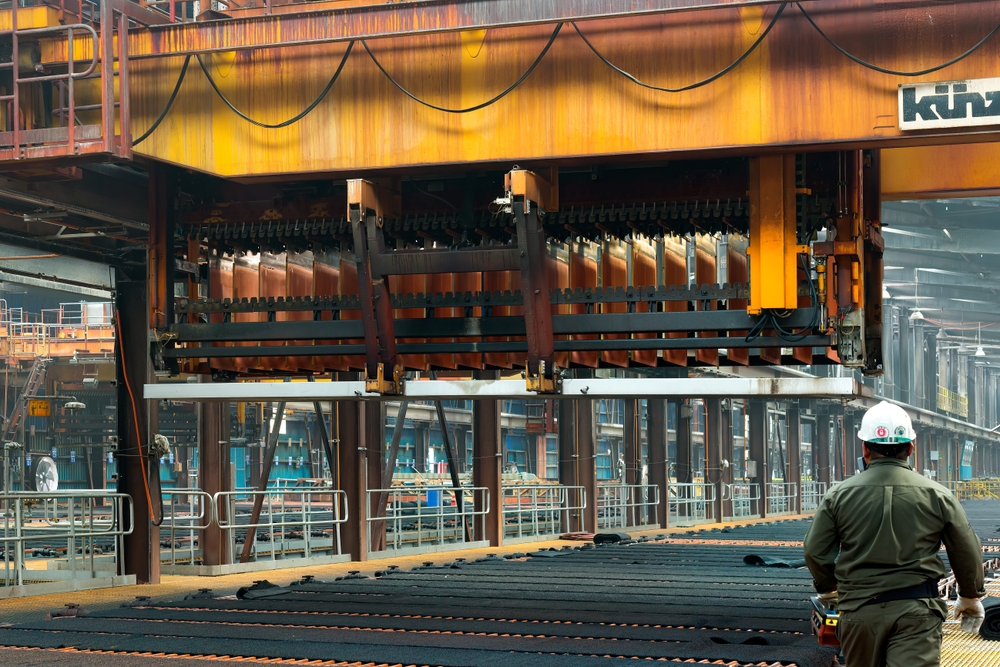After five years of debate and with broad support in Congress, Chile has finally approved new tax laws to regulate its crucial mining sector, bringing good news to left-wing President Gabriel Boric after a series of political defeats.
The reform raises levies for large copper-producing companies to 47 percent of their gross sales — medium-sized firms will pay slightly less — plus an additional 8 to 26 percent tax depending on their operating margins.
Chile is the world’s number one copper exporter, according to World Bank statistics.
While the industry has been critical of the proposal, saying it will discourage domestic production, it has also praised Finance Minister Mario Marcel for being open to dialogue and “improving” the bill from initial proposals.
“It’s true that the mining industry will pay more taxes, but the signing of this law now gives them certainty about the amounts they will pay and therefore a predictable path to plan their investments,” Mr. Marcel said.
The bill passed by a very comfortable margin, with 101 lawmakers in favor and only 24 against, thanks to provisions to distribute some of the revenue through Chile’s regions, rather than sending all the new cash to the central government.
Overall, USD 1.3 billion in new taxes are expected, amounting to 0.45 percent of Chile’s yearly GDP. USD 450 million is to be redirected to Chile’s regional governments.
These new inflows will help finance increased public spending by the Boric administration, despite its failure to pass a more ambitious tax reform earlier this year that would have brought an additional 3 percent of Chile’s GDP into the state’s coffers.
It will also provide some political relief to the administration after it suffered major electoral defeats in its referendum to reform the country’s constitution last year, as well as in a recent election to choose new constitutional council members.
“This will allow us to better distribute the wealth we generate,” Mr. Boric said after the vote.


 Search
Search






































